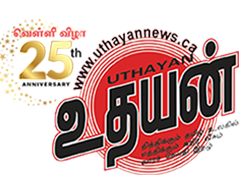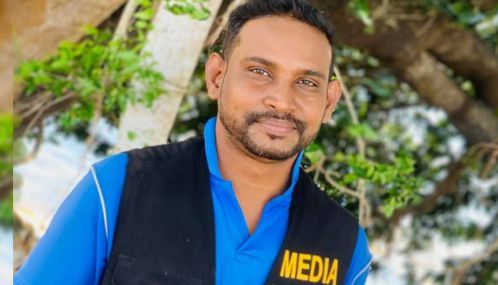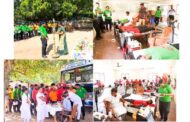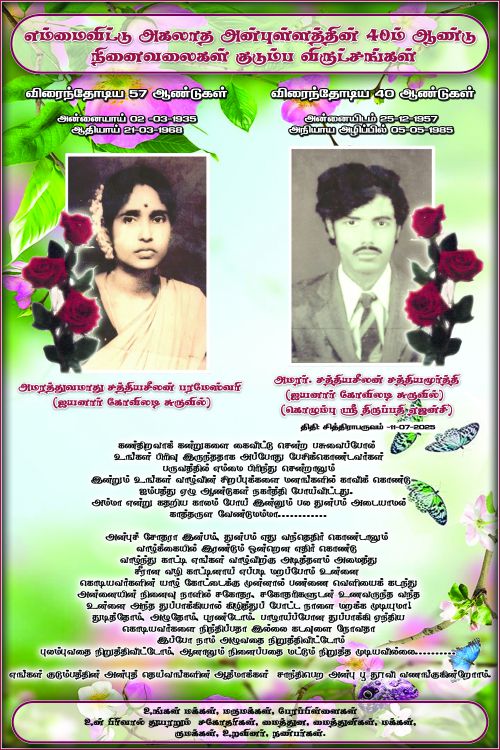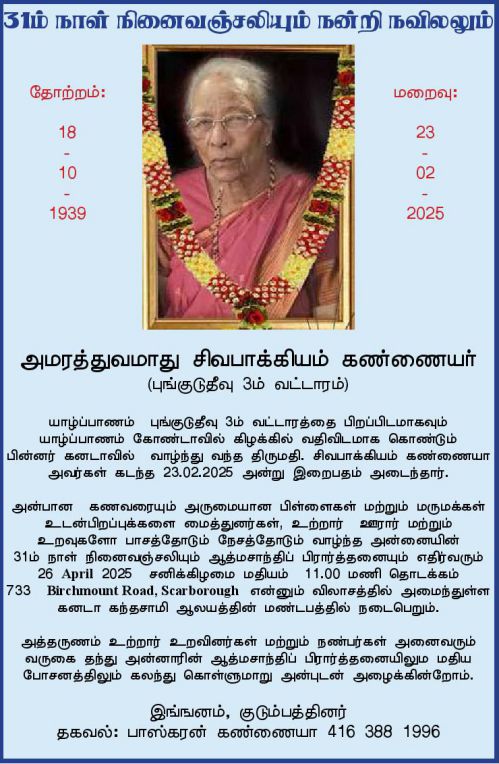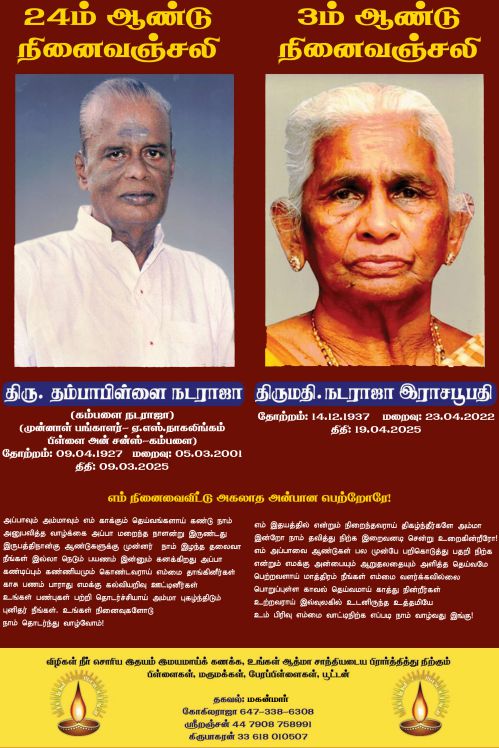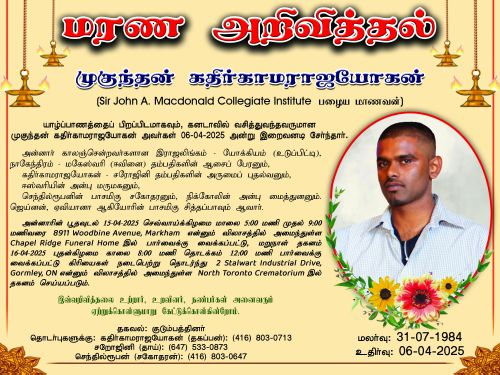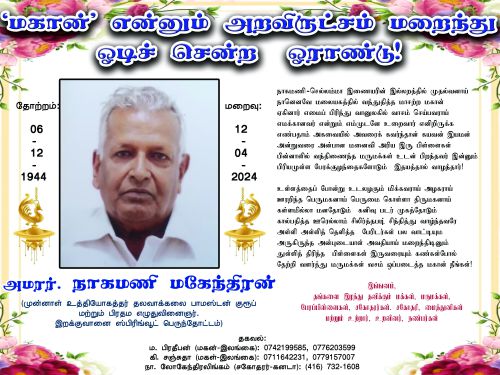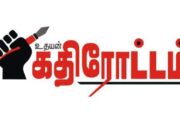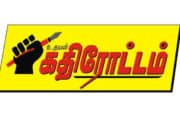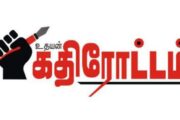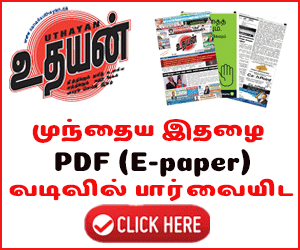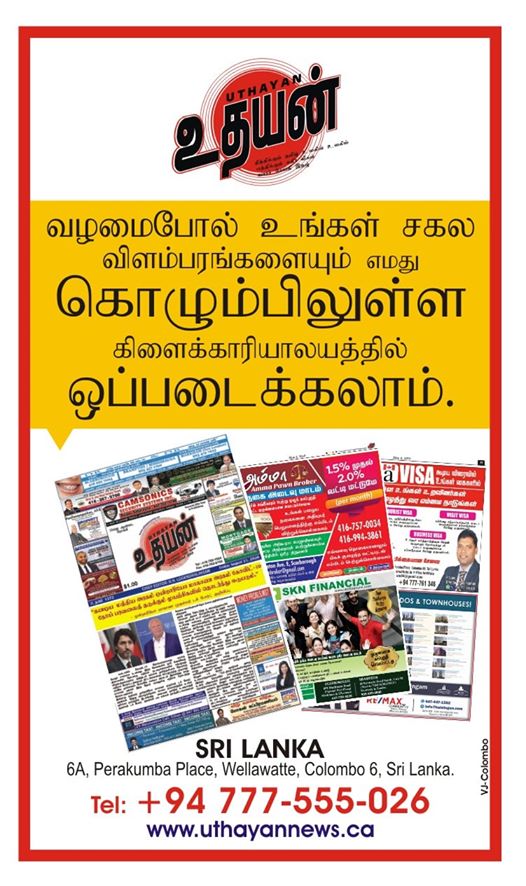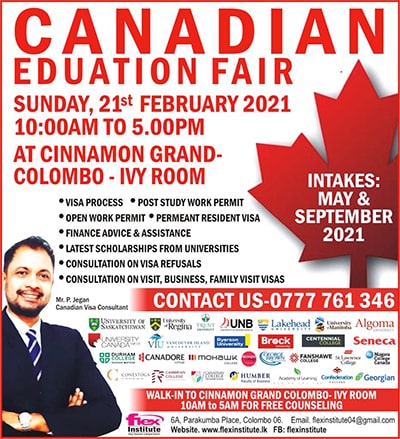Siva Parameswaran
Journalists working in Sri Lanka should be allowed to work without fear of reprisals and state oppression, New York-based Committee to Protect Journalists (CPJ) has urged to government.
CPJ has called upon the Sri Lankan government to immediately drop their investigations into two Tamil journalists for their reporting.
“Sri Lankan authorities must immediately cease all forms of reprisal against journalists Punniyamoorthy Sasikaran and Valasingham Krishnakumar and ensure they may report freely,” said CPJ Asia Program Coordinator Beh Lih Yi. “The government must put an end to the long-standing pattern of relentless harassment targeting Tamil journalists covering human rights violations impacting their community.”
These two Tamil journalists were separately interrogated by the Sri Lankan police at their homes in Batticaloa for reporting a protest on the 8th of October. Twenty days later a police officer went to their home for inquiry CPJ says quoting Journalists for Democracy an advocacy group.
The two freelance Tamil journalists were reporting a protest by farmers whose grazing lands were forcefully occupied by the Sinhala people with state support starving them out of their livelihood. The cattle farmers’ protest is continuing for more than two months now
Sasikaran and Krishnakumar were at the scene of the protest for newsgathering which also coincided with visit of the President Ranil Wickremesinghe’s visit to Batticaloa. The journalist’s duo was reporting for both local media and abroad. The police officer questioned both about their personal and journalistic backgrounds and activities and what occurred at the protests according to the CPJ.
After interrogation, the Police officer forced the two Tamil journalists to sign written statements of their testimony and informed them they had been named in a police criminal investigation in relation to the protests along with several farmers, politicians, and activists and were due to appear at the Eravur Magistrate Court on November 17.
However, CPJ says neither Sasikaran nor Krishnakumar had received a written summons or a copy of a police report detailing the precise allegations against them as of November 8.
CPJ in their statement says even after the war ended in 2009, ethnic tensions persist between the majority Sinhalese and the minority Tamil people.
“Tamils have experienced systematic discrimination in the country”.
On 4th November both Tamil journalists received a court order directing them to hand over their ‘unedited video footage’ of a Buddhist monk threatening to “cut Tamils into pieces and provide a statement to the police with regard to their separate investigation into the activities of the monk.
Subsequently, on November 7, Sasikaran and Krishnakumar appeared at the Batticaloa Divisional Crime Detective Bureau and provided the footage to police, who questioned them for one hour each about their coverage and which media outlets they shared their videos with, CPJ said in their statement which demanded to immediately drop the investigations against them.
Sasikaran and Krishnakumar told CPJ that they believed the latest incident was another form of harassment intended to muzzle their reporting on farmers and marginalized communities.
The state police have not responded to the CPJ according to them.
On August 22, a mob of around 50 Sinhalese men held Krishnakumar and two other journalists captive while they were reporting on alleged state-backed land encroachments in Batticaloa.
“No suspects had been accountable for this incident as of November 8,” Krishnakumar told the CPJ.
